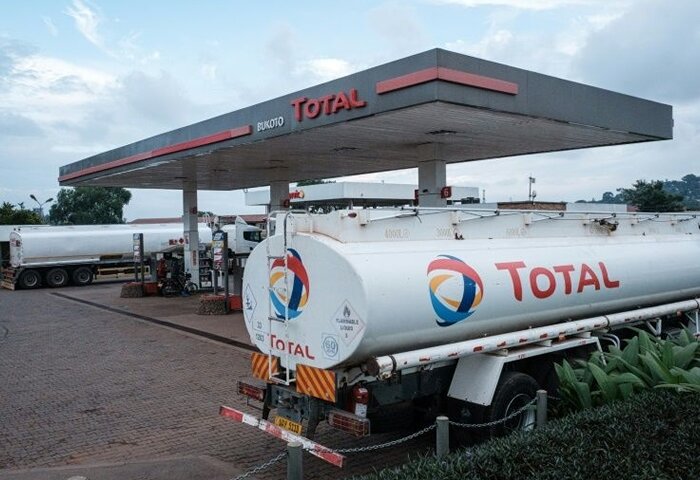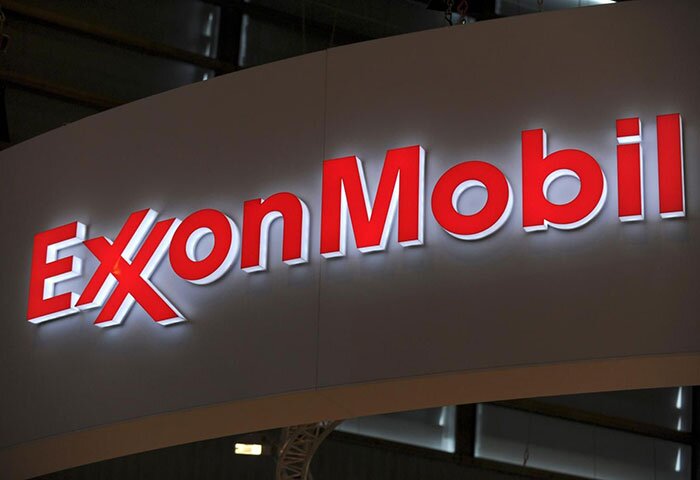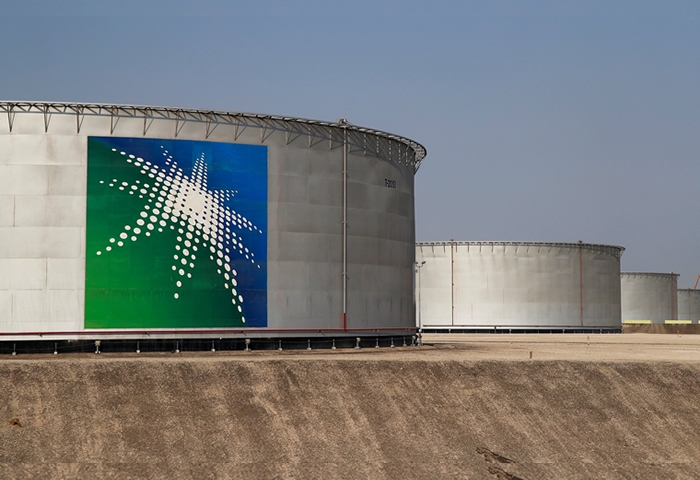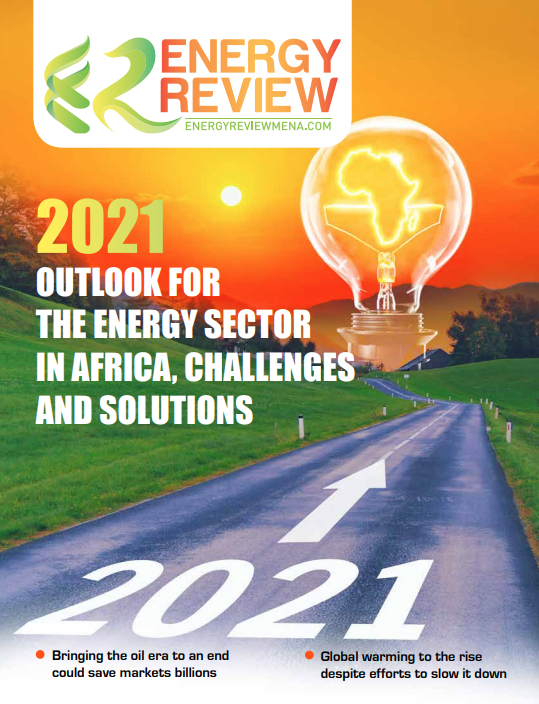Total has announced that it will increase its stake in a major oil project in Uganda, which has been denounced by environmental and human rights NGOs.
The French group will acquire all the interests of the British oil company Tullow in the Lake Albert development project in Uganda and the East African Crude Oil Pipe Line (EACOP) project, which is to cross Tanzania.
Total is to pay Tullow $575 million as well as contingent payments, indexed to production and oil prices.
The British tanker was in negotiations with Total and the Chinese CNOOC to dispose of these assets, but negotiations stalled in 2019 over tax issues and taxation of the proceeds.
The agreement stalled over Tullow's refusal to pay capital gains tax to the Ugandan authorities on the resale of its shares and the willingness of Total and CNOOC, which would have increased their shares to 44.1%, to deduct the recovered assets from tax.
Tired of investing without any returns, and while waiting for a new agreement, Total had decided to freeze all its technical activities in the field.
Now, “an agreement-in-principle has been reached on the tax treatment of the transaction”, according to Total.
According to the French NGO Friends of the Earth, “this agreement with Tullow and the Ugandan government, the result of a fiscal tug-of-war, will enable Total to relaunch its oil mega-project in a more positive way.”
“We can therefore fear that the expulsion of tens of thousands of people will be accelerated, at the cost of serious human rights violations,” said Juliette Renaud.
“This agreement with Tullow also means that Total's pressure on the Ugandan government to obtain better tax conditions has borne fruit, but the opacity on the content of their agreement remains total.
One thing is certain: this will deprive Uganda of resources for public services and in particular for coping with the current health crisis,” she denounces.
The agreement “is fully in line with our strategy of acquiring long-term resources at low cost,” welcomed Total CEO Patrick Pouyanné, quoted in the statement.
These two giant projects, carried out with the Chinese company CNOOC, are criticized by NGOs who accuse them of not taking into account the impacts on people and the environment.
Six French and Ugandan NGOs have summoned Total to force it to review its “vigilance plan”, a provision imposed on all multinationals by a French law of 2017.
At the end of January, the judicial court of Nanterre (near Paris) declared itself incompetent and referred the case to the commercial court.
At the time, Total considered that “its due diligence plan complies with the provisions of the law on the duty of vigilance and seeks to identify risks that meet the associations' concerns”.









